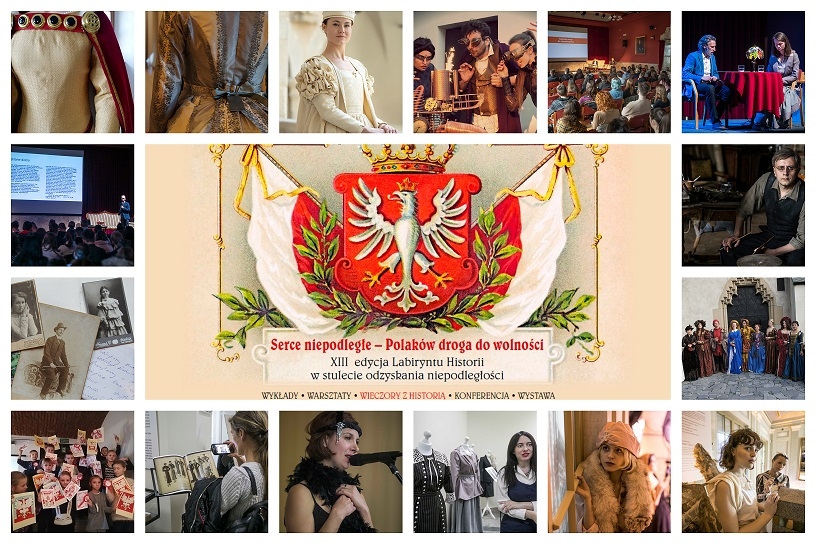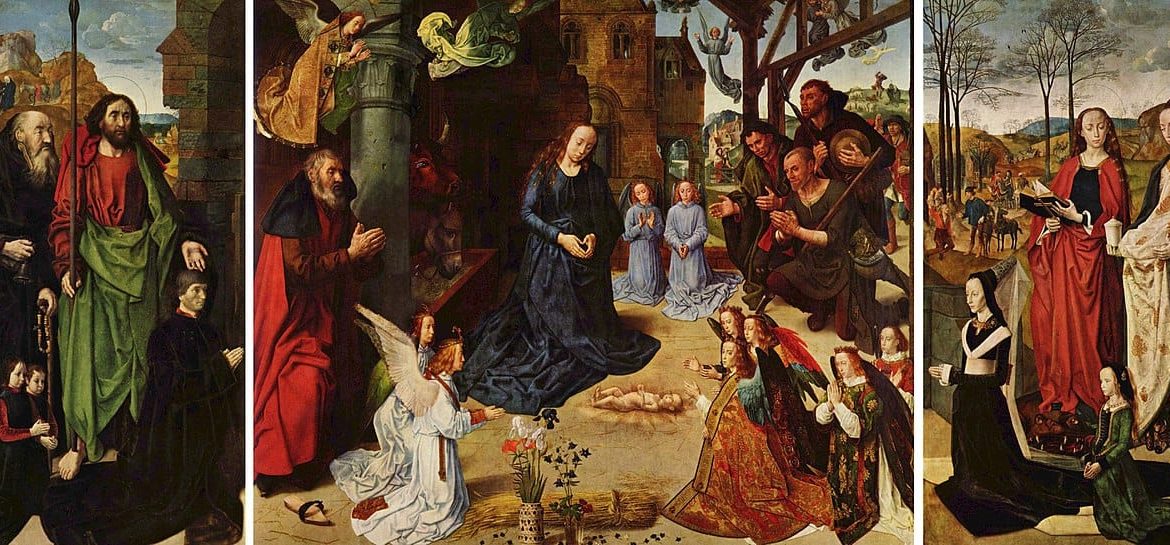CHARLES MERRILL IN MEMORIAM
| On Sep07,2018On November 29th, 2017. Charles Merrill left us – a great man, philanthropist, enthusiast of Polish culture and history. We are grateful for everything he did for the tolerance education in this town, in Poland and in the world. He left us his life, beautiful and fulfilled, that is the best lesson for the next generations.
Nobody lives alone: one talks with those who passed, their life in him is lived again
he ascends the steps and in their footsteps he visits the corners of the house of history.
From their hopes and failure, from the signs left by them
even if it was one letter carved in stone, serenity is born and reserve in expressing opinions about oneself
A great happiness is given to those, who can obtain it.
Cz. Miłosz, “The Issa Valley”
On November 29th, 2017. Charles Merrill left us – a great man, philanthropist, enthusiast of Polish culture and history. We are grateful for everything he did for the tolerance education in this town, in Poland and in the world. He left us our life, beautiful and fulfilled, that is the best lesson for the next generations.
Charles Merrill was born in 1920 in the United States. He was born in the family of a millionaire, bank founder and initiator of many enterprises. But the young man was not drawn to money but to travels and literature. After reading Sienkiewicz’s trilogy several weeks before the war, he visited Poland in 1939. If someone asked me, why I got interested in Poland, one of the answers would be “to get as far away as possible from my father’s world”. (…) I didn’t feel good in that world at all. I had many friends from outside the social elite and I was more drawn to them – he said in one of the interviews.
During the war he served in North Africa, he took part in the landing operation in Italy. He admitted, he did not shoot anyone, but he himself became wounded. When the war ended, he became friends with Bernat Rosner in Germany – a Hungarian Jewish orphan, who survived Auschwitz. After the war Mr Merrill became the boy’s guardian and funded his scholarship. The young philanthropist dreamed of educating the youth in the spirit of tolerance, helping others in need. That was the goal of the schools he funded (incl. in Boston and St. Louis). He did incredible things in his time: created scholarships for African Americans and foreigners. He visited Poland many times, it became a second home for him. That’s when he wrote the book “The Journey: Massacre of the Innocents”, that was translated by Stanisław Barańczak himself.
He took Poland in with his entire self: he was so interested in everything I could tell him about Poland, that – as I admitted to him later – I thought I am dealing with the CIA agent. This friendship, despite my initial certain distrust, was to bear fruits. Paris “Culture” several times received substantial financial support from him – Czesław Miłosz wrote about Charles Merrill. He also mentioned: This philanthropist by vocation seemed to enjoy looking and acting like a poor man. Both gentlemen shared a great friendship Janitors wouldn’t let him meet with directors of institutions he supported, and he learned a lesson about greedy Poland after the fall of communism in the freshly renovated French Hotel in Kraków An older waiter grabbed him by the neck and escorted him out – all of this splendor is not for such paupers. He liked to tell this story with a sense of humor – added the Noble Prize winner.
The philanthropist also started supporting the youth of our part of Europe. It used to be a different, poor world. He supported the SPLOT Community School Complex in Nowy Sącz He himself lived very humbly in an ordinary block apartment. He had a vision of a certain model of upbringing. It was very important for him to educate and form people open to the world, its diversity; people who respect other person regardless of their descent, creed etc; people who notice those who need help and ready to offer it. He emphasized that indifference towards injustice and wrongs non-acceptable. And most importantly with his life and activities he gave an example. That’s what will stay in us and let us be better people – the school says about Mr Merrill.
Charles Merrill was publicly active. He was present at almost every our manifestation in Sącz, an older man in a wheelchair. That’s how he was when I met him and that’s how I remembered him – says Monika Sznajderman, director of the Czarne publishing house – On his own vocation he financially supported our publishing company, when asked he without hesitation helped the Zygmunt Haupt festival in Gorlice, that didn’t have the support of the Minister of Culture. Now, after his death it came out how many foundations and institutions he helped, how generous he was in helping the right cause – especially during the last two years, when so many of them lost the government’s support. In a country, where most of the rich people ostentatiously display their wealth Charles E. Merrill was an absolute exception. Nowy Sącz should be grateful for everything he did for the city, for the fact he lived here, he should be honored here in some way – I believe we will live to see that moment. Undoubtedly many people of Nowy Sącz are grateful to Charles Merrill. It’s a feeling shared by us, the Nomina Rosae Foundation and the Shtelt of Tsanz
One sunny day Mr Charles Merrill visited the House of History together with his wife Mrs Julie Boudreaux, and Mrs Alicja Derkowska – says the president of the Nomia Rosae Foundation Maria Molenda – We really wanted to show him this place, because its because of his help and support that we were able to create several exhibitions connected with the history of Nowy Sącz and the region. Mr Merrill was at that time in a very good spirits, he was smiling and watching everything with interest and looked great in a traditional rogatywka hat we made for him, knowing how important Polish history and culture is for him. We will really miss him, he was a wonderful, kind, warm and witty man. That’s what Charles Merrill was like. An example to follow for us.
In the Middle Ages there was a conviction, that an ideal ruler should have certain qualities, including generosity and kindness. These words were used to describe the royal character. Mr Merrill was an incorporation of these qualities, rarely seen today, being a true “noble of kindness”. We are very grateful for His life that is a lesson for us and next generations.
Łukasz Połomski
Mr Charles Merrill was a patron of the Nomina Rosae Foundation.









